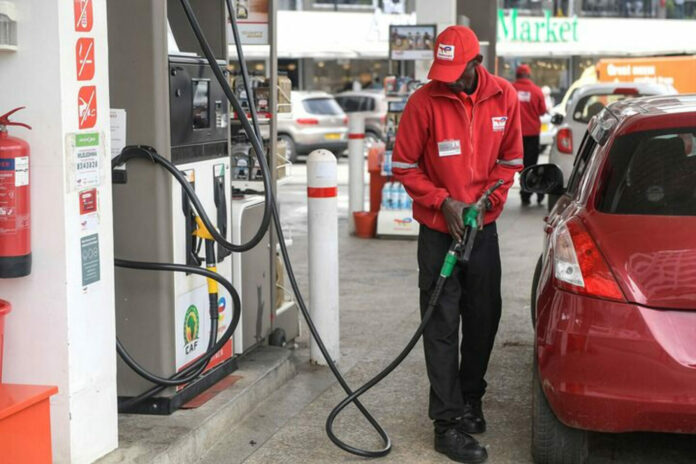Fuel prices are likely to rise after the government through the Ministry of Energy tripled the petroleum regulatory tax.
This tripling of the tax will now see Kenyans pay a total of Sh. 0.75 per litre of fuel in petroleum regulatory levy up from the previous Sh. 0.25 per litre that they have been paying.
Currently, there are nine types of taxes that are charged on fuel in Kenya. These include the petroleum regulatory levy, petroleum development levy, anti-adulteration levy, excise duty, railway development levy, merchant shipping levy, import declaration fee, road maintenance levy, and value added tax.
The petroleum levy is currently the biggest revenue contributing for the Energy and Petroleum Regulatory Authority, contributing to 80.7 per cent of EPRA’s total revenue.
I almost lost my business to inflation, salvaged it with Sh. 200,000 capital funding
The increased tax came into effect through the Energy (Energy and Petroleum Regulatory Authority Petroleum Levy) Regulations, 2024, that have been published by the Cabinet Secretary in the Ministry of Energy David Chirchir.
The increase in the tax comes in the wake of reduced fuel consumption due to high prices that have been largely blamed on taxes.
For instance, fuel consumption in Kenya dropped to a five year low in the six months to December 2023. This occurred as more Kenyans opted to leave their cars at home in favour of public transport due to high pump prices.
According to the latest data from EPRA consumption of diesel, super petrol and kerosene dropped by five per cent to 2.28 billion litres in the six month period to December compared to 2.4 billion litres of the same commodities that were consumed in the same period the previous year.
Consumption of diesel dropped by five per cent to 1.26 billion litres in the six-month period to December 2023 compared to 1.33 million litres that were consumed in the same period in 2022. Super petrol fell by four per cent to 991.8 million litres from 1.02 billion litres in the same period.
This was the second consecutive drop in the six month period, with consumption having dropped in the period between January and June 2023 as well.
Data shows that consumption of super petrol dropped five per cent to 1.01 billion litres between January and June 2023 from 1.074 billion litres in the same period last year.
In the same vein, consumption of diesel fell four per cent to 1.31 billion litres compared to 1.36 billion in the same period in 2022.








